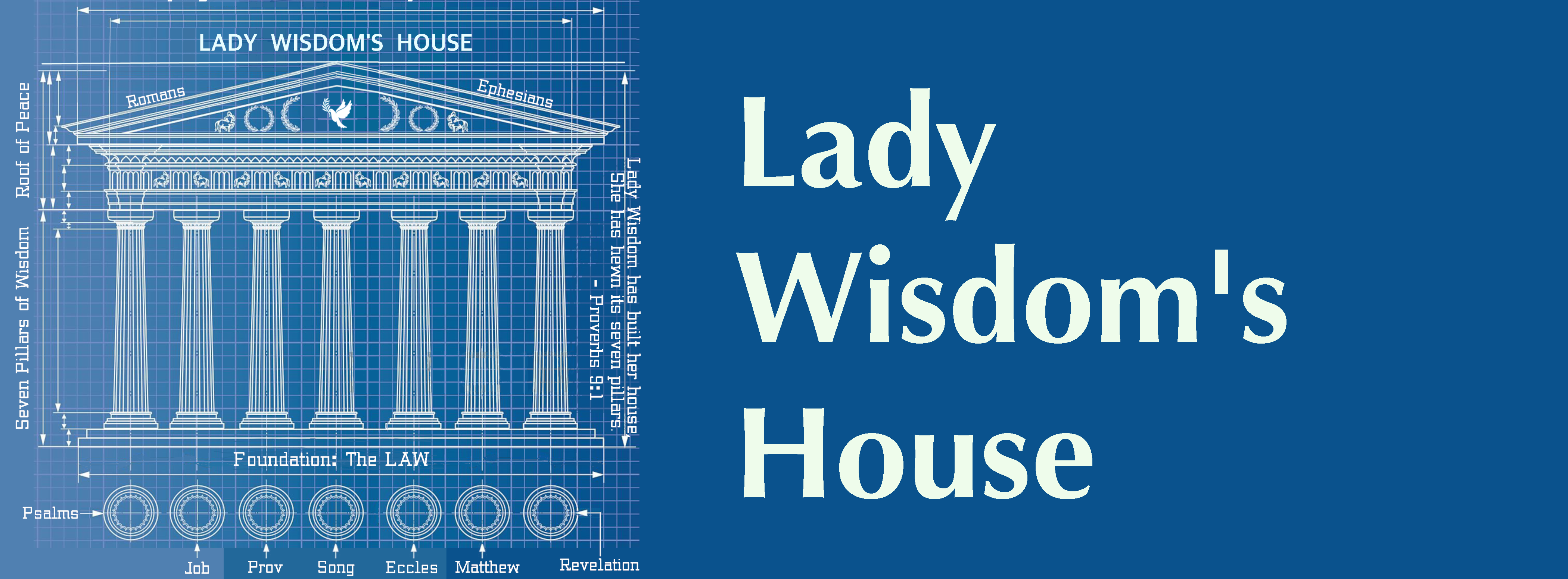Consecration
Models of Ordination
945 words long.
Published on 2024-03-25
The Bible offers several models for ordination. They confer an honor given by God, not men.
For every high priest chosen from among men is appointed to act
on behalf of men in relation to God, to offer gifts and sacrifices
for sins. He can deal gently with the ignorant and wayward,
since he himself is beset with weakness. Because of this
he is obligated to offer sacrifice for his own sins just as
he does for those of the people.
And no one takes this honor for himself, but only
when called by God, just as Aaron was.
Hebrews 5:1-4, ESV
Here are some models for ordination of which I am aware:
- The Order of Melchizedek
- The Levitical Priesthood (defined in Leviticus)
- The Aaronic Priesthood (defined in Leviticus)
- The Apostles
- Male Pastors and Elders (defined by Paul)
The first applies only to Jesus (and the original Melchizedek, as a type). Hebrews 7:11-16 tells us how Jesus qualifies. It is by the power of an indestructible life.
The next two are hereditary, only for Jews, and only for men.
The age of the Apostles has passed.
This leave only pastors and elders as defined by Paul, and by the regulations he gives, this is only open to men.
The Book of Hebrews devotes a lot of space to Jesus as belonging to the Order of Melchizedek. In the middle of this, the writer uses a marvelous feminine analogy:
For though by this time you ought to be teachers,
you need someone to teach you again the basic principles
of the oracles of God. You need milk, not solid food,
for everyone who lives on milk is unskilled in
the word of righteousness, since he is a child.
Hebrews 5:12-13, ESV
This analogy talks about the mature getting past the time when they need to drink their mother's milk. If there is an event called "The Childbearing", then perhaps there is additional development past that to get to a mature faith and become qualified to lead in the church? We shall see. Between 1 Timothy and Hebrews, we have these two analogies related to the role of women in bearing and raising children. Could they be pointing us to a part of the Bible rich in feminine analogies that we can use to interpret their deeper meaning?
Before we see about that, we still have not found a suitable model for the ordination of women. Are there any other models we have overlooked?
Yes! We have the ordination of Job.
Chronologically, the first mention of a priest in the Bible (other than a pagan one) was Melchizedek. The second was Job. Here are the steps whereby Job became a priest:
- Sacrifice. Job offered many sacrifices. One was to continue to praise God despite his suffering. The second was to let go of his thirst for vengeance.
- Ordination. God officiated the ceremony. He authorized Job's service without any intermediary.
- Regulations. God described the rituals of animal sacrifice to be followed by the friends.
- Scope of Authority. God authorized Job to forgive his friends' sins and endorsed Job's words about himself.
Here is part of Job's story:
After the Lord had spoken these words to Job, the Lord said
to Eliphaz the Temanite: “My anger burns against you and
against your two friends, for you have not spoken of me
what is right, as my servant Job has. Now therefore take
seven bulls and seven rams and go to my servant Job and
offer up a burnt offering for yourselves. And my servant Job
shall pray for you, for I will accept his prayer
not to deal with you according to your folly.
For you have not spoken of me what is right, as my servant Job has.”
So Eliphaz the Temanite
and Bildad the Shuhite
and Zophar the Naamathite
went and did what the Lord had told them,
and the Lord accepted Job's prayer.
- Job 42:7-9
Chronologically, Job is the first person in the Bible explicitly authorized to forgive the sins of others. (The remit of Melchizedek is fuzzy.) The friends' burnt offering is significant. Such an offering was used in many Levitical ceremonies, including the original ordination of Aaron's sons in Leviticus:
And he put all these in the hands of Aaron and in the hands
of his sons and waved them as a wave offering before the Lord.
Then Moses took them from their hands and burned them on the altar
with the burnt offering. This was an ordination offering
with a pleasing aroma, a food offering to the Lord.
- Leviticus 8:27-28
How important is the ordination of Job to be a priest?
- The Book of Job is likely the first Bible book written.
- Job 29 is the central chapter of the Old Testament. Thus Job is close to God’s heart and his ordination as priest is foundational.
- Job ends with a startling change:
And he called the name of the first daughter Jemimah,
and the name of the second Keziah,
and the name of the third Keren-happuch.
And in all the land there were no women
so beautiful as Job's daughters.
And their father gave them an inheritance among their brothers.
- Job 42:14-15, ESV
This is the earliest and one of the strongest declarations of equality between the sexes in the Bible.
Can we apply Job’s model of Ordination to Women? Yes!
NEXT: Identification: The Metaphor of Childbirth

